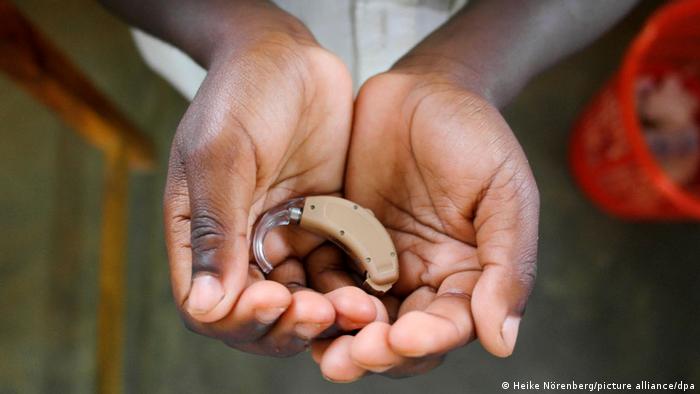WINTER is well and truly here and the days are getting shorter and shorter.
Feeling a bit blue about the lack of sunlight is perfectly normal.
We can all feel a little sluggish at this time of year, and hopping out of bed in the morning can feel gruelling.
We should all be taking a vitamin D supplement, as our bodies are unable to make this in the winter months, so we risk becoming deficient.
Vitamin D is important for the immune system and muscle and bone health.
However, if you’re feeling very fatigued or helpless, are lacking interest in things you usually enjoy, are withdrawing from socialising (despite party season) and suffering persistent low mood, it might not just be seasonal blues you are dealing with.
These are signs of depression.
Please make an appointment to speak to your GP if you experience symptoms of depression for most of the day, every day, for more than two weeks.
Here are just a few of the questions Sun Health readers asked me this week...
Q) I’M 35 and don’t want to have kids yet – but I do want them eventually.
What can I take or do to get my body ready?
A) This is great, you’re forward planning, and the good news is there’s lots you can do.
While I don’t know what your lifestyle is like right now, there are maybe the more obvious things you can do: stop smoking, and aim towards a healthy weight if you can.
And there are less obvious things too.
We know that stress and high blood pressure can affect fertility so have a look at things like your work-life balance to manage stress and make sure your blood pressure has been checked.
Are you dealing with chronic levels of stress at work or at home?
If so, have a think about how you can adjust things.
There are studies which suggest depression and poor mental health can affect the regulation of the luteinising hormone that helps regulate ovulation, so if you’re struggling with mental health, speak to your GP or self-refer for talking therapy.
And it’s not just women — it’s important that men optimise their health too.
Research shows heavy smoking is associated with a decreased sperm count, and excess alcohol is associated with increased numbers of abnormal sperm.
It’s a good idea to start taking folic acid and vitamin D prior to conceiving too, which will help ensure you are not deficient in these and therefore support your body to grow a healthy foetus.
Start limiting caffeine and alcohol intake, and make sure you are exercising regularly, as these are not only helpful in preparing your body for pregnancy, but establishing important habits that will then be easier to maintain when you are pregnant.
And if you are not using hormonal contraception you can start to get in tune with your body, track your cycle using an app, and start to notice the signs of ovulation — the best indicator is changes to cervical secretions, or vaginal discharge.
Most couples get pregnant within a year with regular sex.
Don’t get disheartened if it doesn’t happen instantly.
Q) WHEN will I know I need HRT and how do I go about getting it?
A) This is a great question and one which will have a different answer for each and every individual.
Some women have severe menopausal symptoms but do not take HRT through choice or because there are unacceptable risks.
We commonly see this in women who have, or have previously had, breast cancer.
Other women choose to take HRT purely for preventative purposes, to protect against osteoporosis and heart disease.
So, each individual requires an assessment of the risks versus the benefits, combined with the person’s preferences.
For most women who are experiencing symptoms of menopause that are negatively impacting their quality of life, the benefits of HRT or hormone replacement therapy, will outweigh the risks.
HRT will help to relieve most menopausal symptoms, but when you consider there are 34 recognised menopausal symptoms, you could have lots or just a few.
I see women all the time who come in with a symptom who are shocked to find out it could be menopause or peri-menopause related.
Symptoms range from ones you’ve most likely heard about; hot flushes, irregular periods, night sweats and mood swings, to ones you might not be as familiar with; vaginal dryness, memory lapses, insomnia, depression, anxiety, panic attacks, fatigue, brain fog, pins and needles, a burning mouth, electric shocks (yes, you read that right), itchiness, joint pain, muscle tension, sore breasts, headaches, food sensitivities, bloating, thinning hair, brittle nails, bladder incontinence, allergies and loss of sexual desire.
It’s an extensive list so have a think about each one in turn.
Have you been forgetful for a while but put it down to having lots on your plate?
Have you been anxious or worried but thought it was because you’ve got a lot going on at work?
Lots of women cope with symptoms for a long time because they creep up gradually, so I’d suggest keeping a log or diary and making an appointment with your GP.




